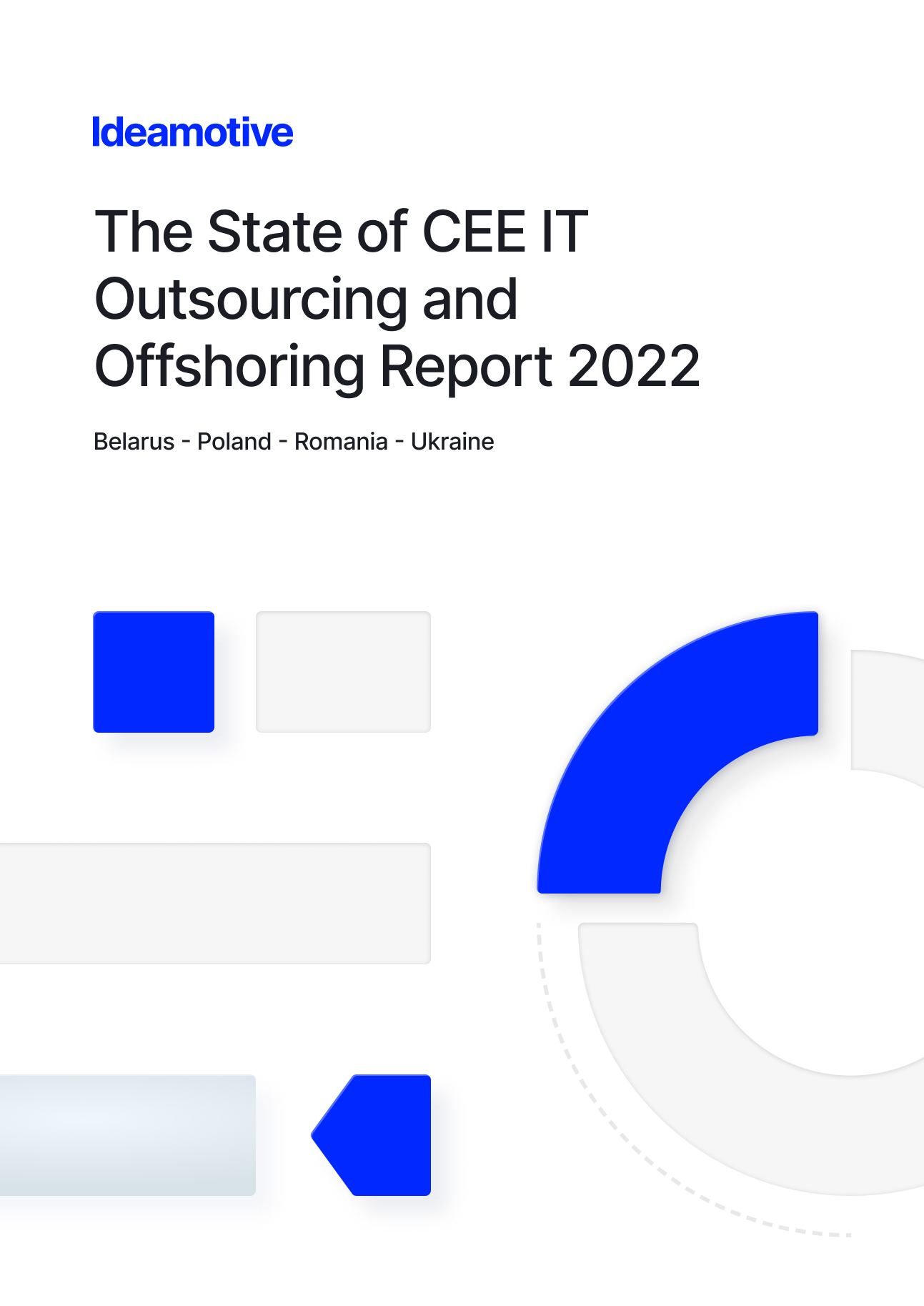The organizational success of a company can be defined as a sum of three key elements. These are: financial profitability + having an impact in the world + growing sustainably as an organisation.
For a business to compile all those elements it is not enough to simply offer a great product or service. That’s just one of the key business success factors.
What is becoming increasingly important in achieving organizational success is the company’s working culture and the habits promoted in the workplace. If you get them right, these are the factors that will grant your business the long-term, sustainable growth you are looking for.
Observing the world’s most successful businesses and their working cultures only confirms this. After we examined practices implemented by renowned companies and leaders, we discovered that they put a lot of attention to the human side of their business – i.e. managing teams, organizational habits, and culture, as well as optimizing business processes.
Here are 7 most valuable lessons on how to achieve organizational success by putting more attention to your company’s working culture.
#1: Prioritize learning.
The business landscape is in the constant state of change. Introducing new technologies, tools, but also mindsets and ways of solving problems – this is all essential if you want to stay in the game. Even more so if you intend for serious progress and organizational success. Therefore, creating a working culture which encourages everyone involved to learn should be a priority for every CEO.
Airbnb is a company which seems to understand this very well. That’s why they came up with organizing their Fireside Chats, to “bring in industry leaders to share their experiences and wisdom.” By hosting reoccurring events devoted to learning and sharing good practices, the company ensures itself future growth and development.
#2: Opt for highly aware leaders.
Troy Hazard, a TV host, business owner and former Global President of Entrepreneurs’ Organization said: “Leaders aren’t born; they evolve. And to evolve you must first be self-aware. To develop leadership skills, allow yourself to be open, honest, and real.”
To achieve organizational success, a company must be driven by leaders who are aware. This means that they know their own strengths and weaknesses, but also those of their employees. It is the high level of awareness that allows a leader to keep an eye on the big processes happening in the organization, while also identifying the main struggles and strengths of his team. By merging those two perspectives, a leader is capable of driving the whole company towards success with full responsibility.
#3: Understand that rest is important.
It is no surprise that quality rest time and the healthy detachment from work contribute to better professional outcomes. To protect quality off-time of its employees, Volkswagen has blocked the use of work emails after a certain hour of the day. Many other companies either follow the same move (e.g. Henkel) or start thinking of other ways to make sure their employees get the required rest.
Scientific research confirms that this kind of efforts has big potential to a) improve the wellbeing of employees, b) contribute to the overall organizational success by boosting the quality of work. The business world is beginning to accept that ensuring recovery time for all employees is essential to managing a sustainable organization.
#4: Develop soft skills: start with empathy.
The ability to remain human to each other in the fast-paced work environment is more important for your organizational success than you might think! This is particularly true for leaders, because of their authority and interactions with numerous team members. However, empathy as an intrinsic part of the company’s working culture, in general, can be an important factor contributing to business success.
John Turner, CEO of UsersThink believes that actually taking the time to understand your employees’ or co-workers’ problems (rather than pretending to do so) benefits the whole organization. This is because every person wants to be heard and accepted, also within the professional environment. And knowing that they are heard and accepted, simply empowers them to work better.
According to John: “if you’re able to see things from their point of view and truly be empathetic, you’ll be able to frame your response in a way that will prove you’ve heard them, and also answer their specific concerns. They might not always be happy, but it will lead to more acceptance if you have to tell them something they’re not eager to hear.”
#5: Make your company’s values and purpose clear.
“An organization without purpose manages people and resources, while an organization with purpose mobilizes people and resources. Purpose is a key ingredient for a strong, sustainable, scalable organizational culture”. – Fast Company
Would you ever think that working for a household goods’ producer can be exciting? It is, for the numerous millennials working at Seventh Generation – a purpose-driven company that sells products such as disinfectants or feminine care articles. Their mission is to “inspire a consumer revolution that nurtures the health of the next seven generations”.
Thanks to clearly stating their goals (producing environmentally friendly household products and promoting responsible consumerism), the company established a strong sense of purpose among the employees. This translates into boosting their work engagement, followed by significant business growth and overall organizational success of Seventh Generation.
#6: Cultivate the culture of trust.
Google, which is considered to be among world’s most attractive employers, strongly encourages the culture of trust in their working environment. They don’t want to see ‘backstabbing’ or complaining about other people behind their back. Here is what Google’s HR boss, Laszlo Bock, wrote in his book “Work Rules!”:
“The way we solve the ‘backstabbing’ problem, for example, is that if you write a nasty email about someone, you shouldn’t be surprised if they are added to the email thread. I remember the first time I complained about somebody in an email and my manager promptly copied that person, which forced us to quickly resolve the issue. It was a stark lesson in the importance of having direct conversations with colleagues!”
So, does the culture of honesty and trust contribute to overall organizational success? Looking at Google’s exceptional position in the world of business, we can be sure that it doesn’t harm the company – to say the least.
#7: Encourage collaboration over competition.
Your company should be seen as one big organism, working towards a common goal. From this perspective, it only makes sense to promote collaboration and mutual support between individuals and teams within the organisation. The approach of encouraging employees to outcompete each other and rewarding them with something like an “employee-of-the-month” title is certainly going out of date.
According to some studies, “97 percent of employees and executives agreed that the level of collaboration directly impacts the outcome of a task or project. When a team or department is collaborating smoothly, openly sharing information and able to communicate seamlessly, they are able to work at their most effective level.”
At Ideamotive me make it a point to create working culture in which employees are encouraged to share their best practices, findings, and solutions with each other. Our coders often work in pairs or organize workshops to combine their knowledge and skills, consequently achieving the best possible results.
All the other practices mentioned above seem to be working for Ideamotive’s long-term organizational success. We regularly run a table tennis contest for our team, to bring some fun and rest into the workplace. We actively build a culture of trust and open communication, which makes developing every project much easier. One of our big, on-going goals is to also grant our employees opportunities to learn and hone their skills while they work with us.
Interested in more advice on creating a beneficial corporate culture and achieving organizational success? Contact us and let’s see what we can do together! Apart from software development, we offer digital business consulting, as well as business process design and optimization.









